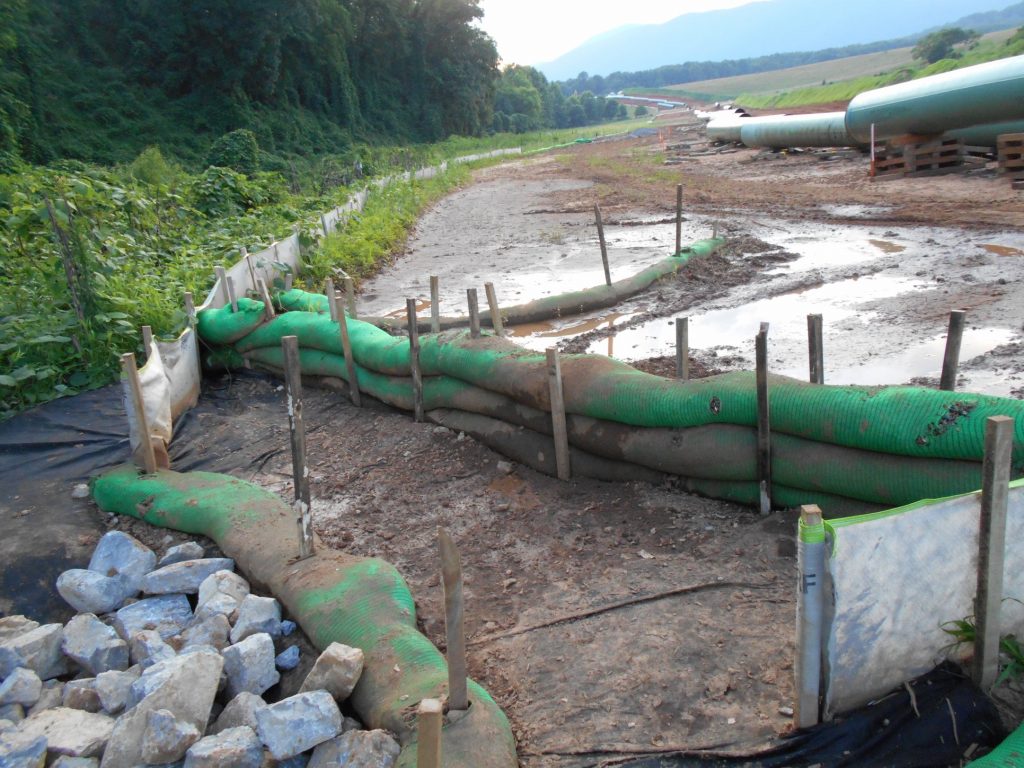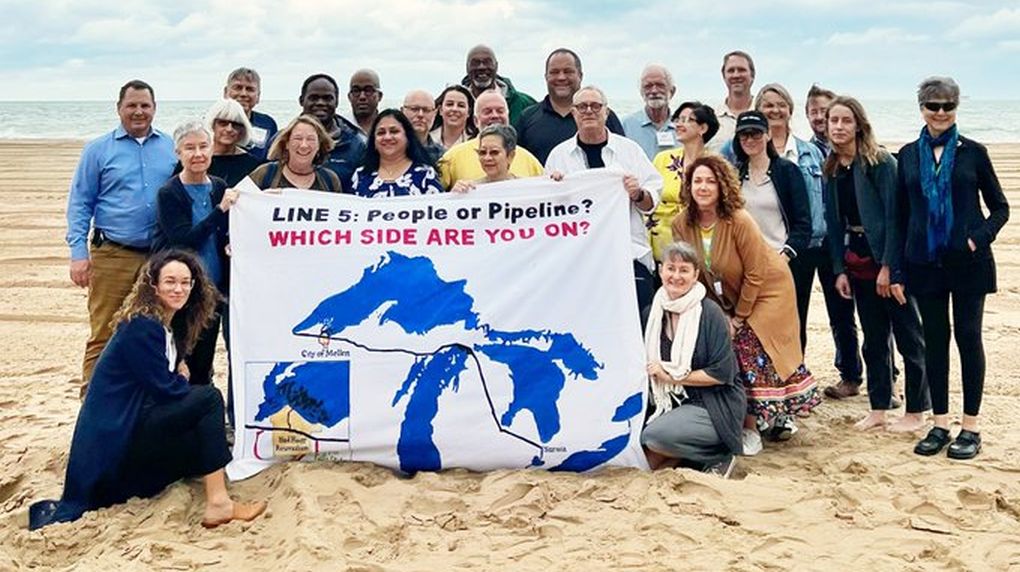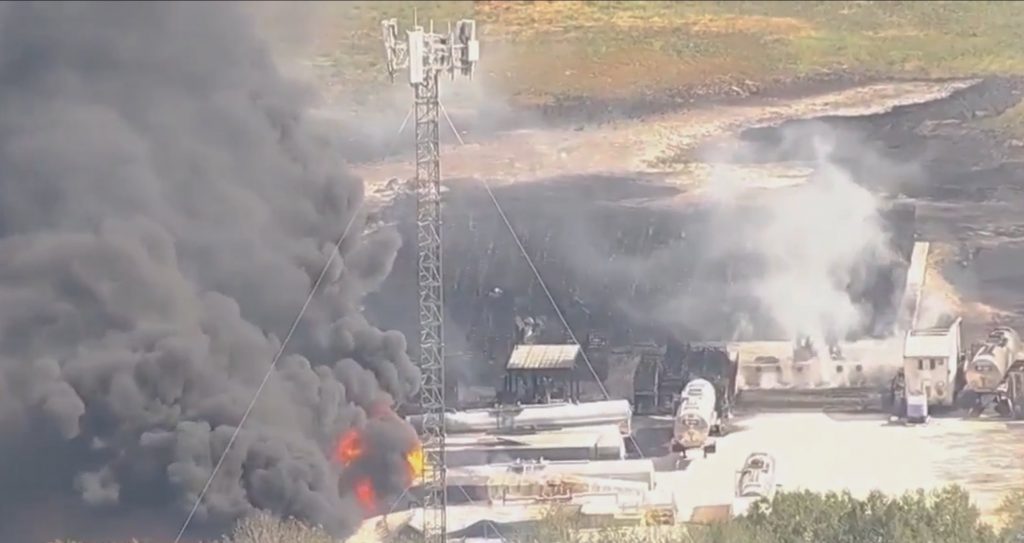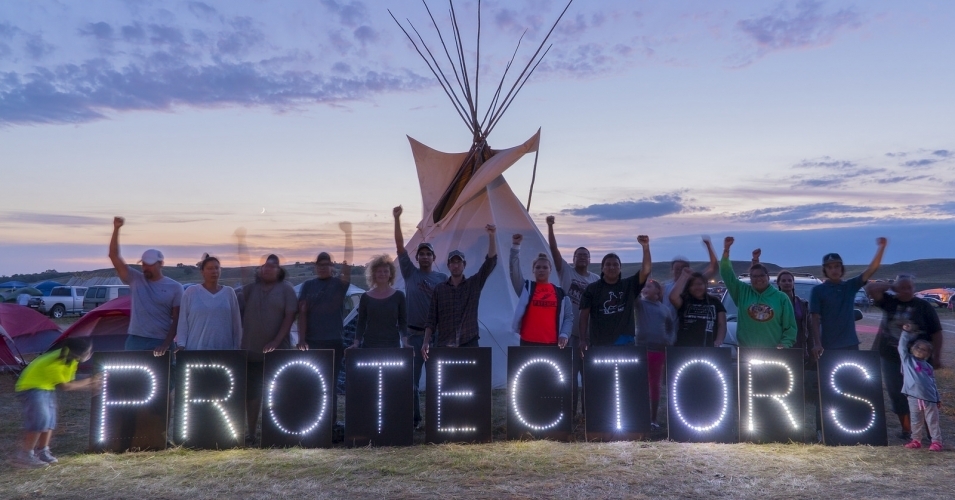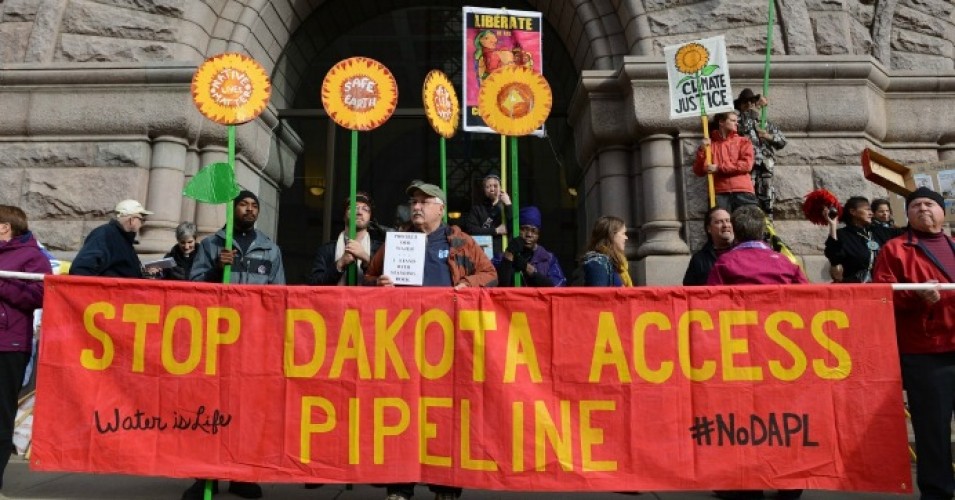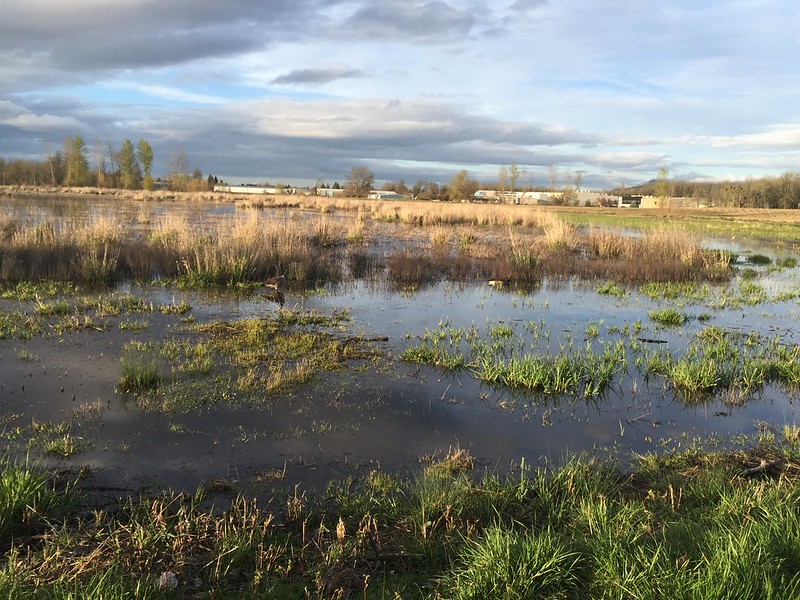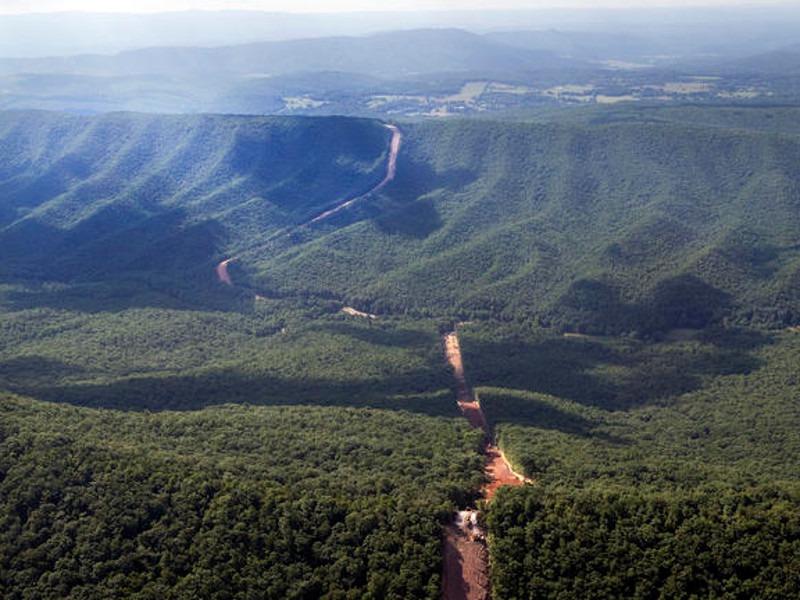“The world does not need more LNG, and FERC is out of step with the reality of the climate crisis and communities impacted by these projects,” one advocate said.
By Olivia Rosane. Published 2-15-2024 by Common Dreams

The Federal Energy Regulatory Commission approved a controversial pipeline on Thursday despite opposition from local and Indigenous communities and without considering its climate impacts.
The commission limited its review of the Saguaro Connector Pipeline to a 1,000-foot stretch of the project on the Texas and Mexican border. If built, the pipeline could transport as many as 2.8 billion cubic feet of fracked gas per day to an export facility in Mexico, where it would be shipped to Asia and Latin America. The decision comes weeks after the Biden administration paused Department of Energy (DOE) approvals of new liquefied natural gas (LNG) exports while it updates its assessment criteria.
Continue reading

